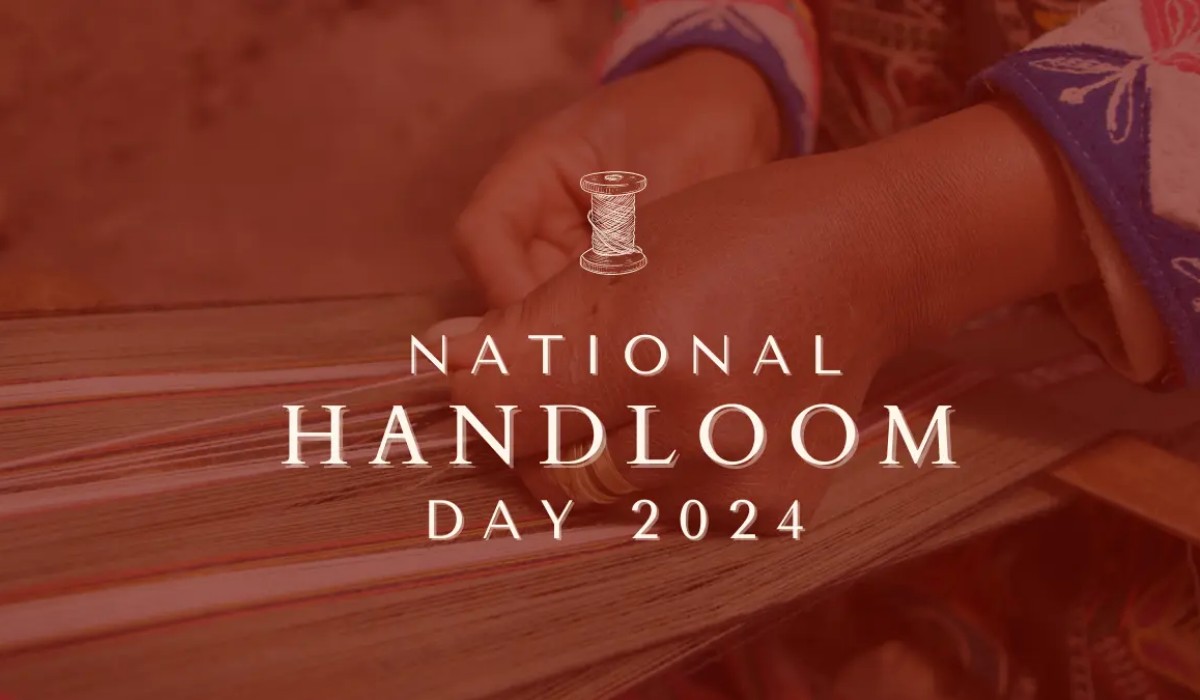World Wildlife Day is marked annually on March 3 to celebrate the unique wild species and create awareness to help conserve them. The 68th session of the United Nations General Assembly (UNGA) designated March 3 as World Wildlife Day on December 20, 2013, with an aim to raise awareness of world’s wild flora and fauna.
On Earth, there are almost 7 billion people. Imagine if we all agreed to take daily action to conserve animals, no matter how modest. When we all work together, even small gestures can have a big impact. Here are some ways you can influence change:
Adopt
There is something for everyone, whether it be wild creatures or wild places. Get your classmates together and adopt a pet from a charity that supports wildlife preservation, such the World Wildlife Fund (WWF). Symbolic adoptions provide funding for nonprofits.
Volunteer
If you don’t have money to give, donate your time. Many organizations and zoos have volunteer programs. You can help clean beaches, rescue wild animals or teach visitors.
Visit
Zoos, aquariums, national parks and wildlife refuges are all home to wild animals. Learn more about our planet’s species from experts. See Earth’s most amazing creatures up close.
Donate
When you visit your local accredited zoos and nature reserves, pay the recommended entry fee. Your donations help maintain these vital conservation areas.
Speak Up
Share your passion for wildlife conservation with your family. Tell your friends how they can help. Ask everyone you know to pledge to do what they can to stop wildlife trafficking.
Buy Responsibly
By not purchasing products made from endangered animals or their parts, you can stop wildlife trafficking from being a profitable enterprise.
Pitch In
Trash isn’t just ugly, it’s harmful. Birds and other animals can trap their heads in plastic rings. Fish can get stuck in nets. Plus, trash pollutes everyone’s natural resources. Do your part by putting trash in its place.
Recycle
Find new ways to use things you already own. If you can’t reuse, recycle. The Minnesota Zoo encourages patrons to recycle mobile phones to reduce demand for the mineral coltan, which is mined from lowland gorillas’ habitats.
Restore
Habitat destruction is the main threat to 85 percent of all threatened and endangered species, according to the International Union for Conservation of Nature. You can help reduce this threat by planting native trees, restoring wetlands or cleaning up beaches in your area.
Join
Whether you’re into protecting natural habitats or preventing wildlife trafficking, find the organization that speaks to your passion and get involved. Become a member. Stay informed. Actively support the organization of your choice.











